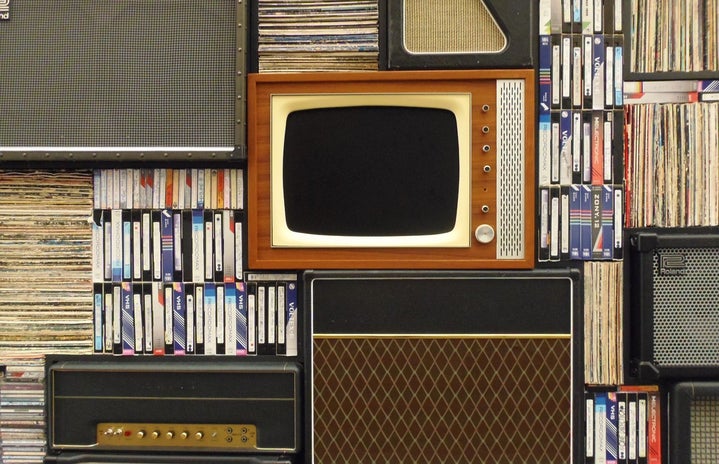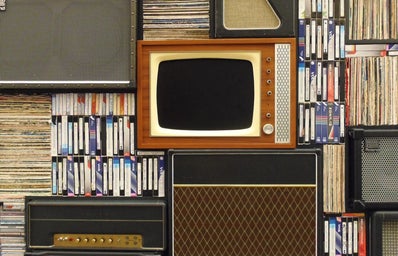Her Campus American journalists are free to express opinions. The opinions in this article are not representative of Her Campus American’s opinions as an organization.
Egyptian Americans take to Hollywood screens more and more each year. There has been a rise of actors like Rami Malek in “Bohemian Rhapsody,” Mena Massoud in “Aladdin” and many more.
One that stands out is New Jersey-born Ramy Youssef. He has risen to become a well-known stand-up comedian, but in recent years he has also come to our screens as a writer, director and star of the Hulu show “Ramy.”
Viewers follow a family of four trying to navigate their lives as Egyptian Americans living in New Jersey, similar to Youssef’s real life. They are drawn to the Western lifestyle while trying to maintain their oriental roots.
The audience learns a lot about the struggles of being a Muslim American man whose parents immigrated here by following the main character, “Ramy.” This includes his works on religion, marriage, premarital sex, drugs, drinking, politics, the Sept. 9, 2001 attacks and Palestine.
While there is still admiration for this show’s representation, it also perpetuates every Arab stereotype. An example of this is the closet gay uncle, who is homophobic and racist. This portrayed through Uncle Nassem, the “over the topness” of this is supposed to provoke the audience into asking questions about the treatment of Muslim American immigrants in the United States
The show’s focus on religion as well is a bit of an odd one. It demonstrates Ramy as a person who is religious in some ways yet does not adhere to many of the Quran’s teachings in others. This contradiction is best seen with the frequency at which he attends the Mosque but then he is having premarital sex and has a porn addiction.
In the Quran, it states “premarital sex (fornication), as well as sex outside marriage (adultery) is forbidden and considered grave sins that bear serious consequences in this world and the hereafter.”
It is ironic to see men like Ramy have sex and watch porn while stating that they are Muslim. Ramy is not the only example of Mo and Ahmed who are seen in a sense to be more religious, they still have trouble with religion, whether it be alcohol, drugs, or going to strip clubs.
“The show was very raw and honest, making it relatable even for people who weren’t Muslim … especially talking about struggles in modern times. Appreciating honesty,” said Suzie Davis, American University Alumnus.
The show also displays the Middle East and Egypt in a different light than normally portrayed by Western media. “Obviously, you can’t capture the beauty of Egypt in one tv show. However, it’s easy to associate Egypt with Islam,” said Davis. “Still, the episode made it clear for you to understand it’s more than that and showed just that; you see a modern and vibrant life of partying, smoking, and such that you would not expect to see in a place considered to be tied to religion.”
There are pros and cons to this show. It boils down to Ramy Youssef trying too hard to make Ramy demonstrate different characters in our community, leading him to fall short in multiple ways.
However, there is no denying the positives the show has generated. There is now a bilingual show demonstrating Arabic and English comedy. It popularized old Egyptian music and new; it brings awareness to the struggles of immigrant life and talks about Palestine and Israel.
Middle East Eye put it best as“genuine and resolute as it may be, ‘Ramy’ is nothing more than an amiable, diverting comedy drama with plenty of good intentions, a scrambled vision, and too many missteps – and a US mainstream TV show that does little to enrich the Arab-Muslim discourse in America.”
While the show can be frustrating at times when it sheds light on the stereotypes or the double standard that occur within the Arab Immigrant family. The show made the audience connect and ask provocative questions using those stereotypes.


